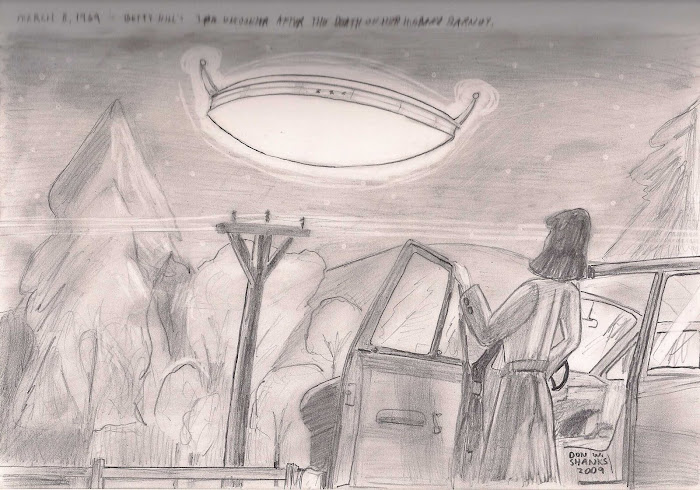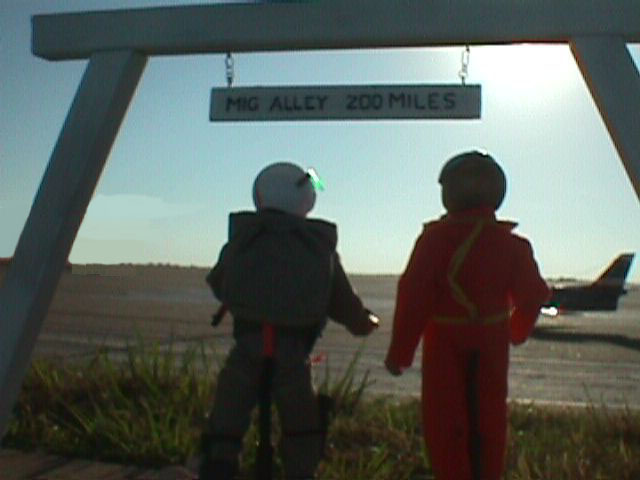
News from Russian Space web about several things, one of which is that Russian space officials are about to select a winning proposal for a new rocket that is intended to carry cosmonauts to the moon and back.
For the first time since 1964, the Russian space program is making the Moon its main objective. And it will only be the second time since the collapse of the Soviet Union that the Russian government has endorsed the development of a new space launch vehicle/booster.
Expected test flight for the new booster will be by 2015. Roscosmos (the Russian Space Agency) set out several objectives for the designers. First objective would for the rocket to be able to boost 3 times heavier the load than the current Soyuz spacecraft (between 20 to 23 tons to low-earth orbit) - including twice the number of crew. Currently, the Soyuz carries 7 tons to low-earth orbit. To use more environmentally friendly propellants. The new rocket be developed with the replacement for the Soyuz. First manned flight of the new rocket should take place by 2018. This coincides with NASA's planned returned to manned spaceflight with its Constellation Program.
In other news, the Russian government has committed itelf to moving its main space launch site from Baikonur in Kazakhatan to Vostochny in Russia's Far East.
The head of Roscosmos, Alexander Chulkov, told the BBC News that the agency is planning on picking a winner by March 25th.
The designers must employ non-toxic propellants such as kerosene or liquid hydrogen on all stages of the vehicle.
The Russians are also thinking about a lunar space station for their craft to dock at before decending down to the lunar surface. Artwork is similar to Salyut or Mir in appearance. When the lunar ascent vehile returns to the station, they leave the ascent stage on a unused docking port to expand the size of the station on every mission.
____
Ref. Russian Space Web (http://www.russianspaceweb.com/)
Russian Lunar Station ( http://www.russianspaceweb.com/los.html ).
New Russian space booster ( http://news.bbc.co.uk/2/hi/science/nature/7946689.stm ).








+033.jpg)
No comments:
Post a Comment